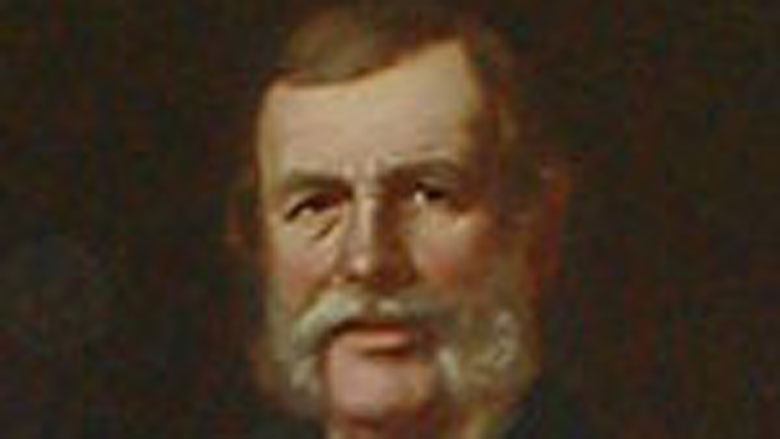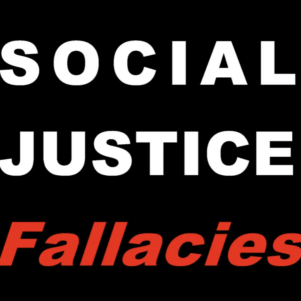“I know nothing”: Thwarting school choice in Massachusetts
By Joseph Tortelli | September 8, 2016, 10:15 EDT
 Henry J. Gardner (Wikipedia)
Henry J. Gardner (Wikipedia) One of the shortest-lived political parties in Massachusetts history pushed through a state constitutional amendment whose after-effects still bedevil us today. More than a century and one-half ago, the so-called Know Nothing party passed an amendment to prohibit any state funding for non-public schools, specifically targeting the burgeoning Irish-Catholic population in Boston and other large cities. Motivated by a deep anti-Catholic animus, the Know Nothings feared an influx of newly arriving families with children attending parochial schools.
In an effort to shed light on the very different school choice question confronting families and educators today, the Pioneer Institute is calling upon Bay State political leaders to remove the portrait of a Know Nothing governor from “the top of the grand staircase, in a place of honor and prominence, at the entrance of the Massachusetts House of Representatives.” The impressive portrait is that of Henry J. Gardner, thrice elected governor of the Commonwealth when terms lasted only one year.
The Pioneer Institute is not embarking on a nostalgia mission. The Gardner portrait symbolizes more than 19th Century anti-Catholicism; it represents the lingering effect of the Know Nothing movement, which to this day prevents authentic school choice and vibrant educational reform in Massachusetts. A leading advocacy group for school reform, Pioneer Institute prioritizes schools vouchers and tax credits to improve education in the Commonwealth. Blocking the way for such innovation is the ban on state aid, which originated during the Know-Nothing domination of the Massachusetts legislature in the mid-1850s.
The Massachusetts Know Nothing ban actually predated by two decades the so-called national “Blaine Amendment” push to enshrine such a rule in the United State Constitution. Like most proposed Constitutional Amendments, Blaine eventually failed, but states continued such maneuvers, and the Bay State updated its own “Know Nothing/Blaine” Amendment in 1917 with a broader, somewhat confusing policy that passed over the opposition of the astute and powerful Cardinal William O’Connell of the Boston Archdiocese.
On August 1st, Pioneer Institute, along with the Becket Fund for Religious Liberty and various education reform groups, took their case to the Grand Staircase at the State House in an event dubbed “Move This Portrait: The Know-Nothing Governor and Barriers to School Choice.” In a follow-up letter to Governor Charlie Baker, Pioneer Executive Director Jim Stergios wrote: “Henry Gardner and his Know Nothings have no place being celebrated in the State House or in the state constitution… His Know Nothing constitutional amendment is a major barrier to giving parents educational choices – and benefiting tens of thousands of poor and minority kids trapped in chronically under-performing urban public schools.”
The checkered Know Nothing/Blaine ban in Massachusetts was initiated during the most remarkable political revolution in state history. Having begun as little more than a secretive society called the Order of the Star Spangled Banner in 1849, the nativist anti-Catholic/anti-Irish group morphed into the American Party in the 1850s. Even then, it maintained a clandestine character, coaching adherents to repeat the phrase “I know nothing,” hence creating the party nickname. Quite coincidentally, the line became something of a light-hearted baby boomer catch phrase thanks to the 1960s television comedy Hogan’s Heroes, in which the befuddled Sgt. Schultz repeated “I know nothing” in faux German accent.
In Massachusetts, The American Party achieved its greatest triumph in the 1854 election, sweeping the governorship, eleven Congressional seats, and nearly all 400 legislative districts. It was a rout of epic proportions, magnified by the new and somewhat secretive nature of the party. The election gave Know Nothings a mandate to pass the anti-Catholic school constitutional amendment, along with laws requiring childhood vaccinations, ending debtor prisons, enforcing prohibition, and expanding infrastructure. The Know Nothings were anything but a “do nothing” legislature.
Having benefited from the collapse of the Whig Party over its vacillations on the extension of slavery into the western territories through the Kansas Nebraska Act, the Know Nothings soon dissipated their political strength over the very same issue. Soon enough, Know Nothings were supplanted by the more consistently anti-slavery Republican Party.
In their rather unbalanced interpretation of contemporary politics, liberal pundits claim that unsavory aspects of the Know Nothing agenda still resonate through the Republican Party today. Publications such as The New Republic, The Huffington Post, and The New Yorker have run articles tying Donald Trump’s anti-illegal immigrant statements to the Know Nothing past.
But that’s only half the story. Left unmentioned is the liberal Democrat support for Know Nothing-inspired obstacles to education vouchers that would provide families greater access to parochial schools. A separate hint of veiled anti-Catholicism emanates from the oft-repeated accusation that the pro-life movement wants to “impose religious beliefs” on society. In a heavily Catholic state like Massachusetts, it’s easy to guess which “religion’s beliefs” are being singled out.
Should one push it to the “dog whistle” extreme, one can hear an echo of Know Nothing antipathy to immigration in GOP rhetoric; one can also hear an echo of Know Nothing anti-Catholicism in Democrat opposition to school vouchers and rhetoric about abortion. Liberals would be wise to remember that at the center of the Know Nothing eruption boiled anti-Catholicism, inciting their opposition to Irish Catholic immigration.
In Massachusetts today, education reform advocates intend to shine a bright light on the history of anti-Catholic bigotry leading to the current anti-school choice constitutional quagmire. It’s not a simple thing to unravel. Even State Senator William Bulger, the longtime Democrat legislative leader, expressed frustration in his memoir While The Music Lasts. “My unsuccessful effort to end more than a century and a half of discrimination against Catholic schoolchildren,” wrote the former Senate President, “has been the most painful failure of my public life… Massachusetts still has a constitutional provision admittedly created to discriminate against one religious group.”
Repeal of the amendment last made it all the way to the voters in 1986, when the repeal effort was soundly defeated. Opposition to repealing the Know Nothing/Blaine Amendment tallied more 1,154,069 “no” votes, virtually duplicating Gov. Mike Dukakis’ landslide reelection total of 1,157,786 votes in that same election. While it’s tempting to read too much into political results, it’s hard to avoid the message from Democrat voters in those nearly identical numbers.
For now, Pioneer Institute is resolved to encourage the symbolic moving of a portrait. School choice advocates understand that is but a small first step. More importantly, it is a reminder of things past and present, and an opportunity to create a climate more open to future change. It bears the imprint of the famous and profound words of Harvard University philosopher George Santayana: “Those who cannot remember the past are condemned to repeat it.”

Joseph Tortelli
Joseph Tortelli is a freelancer writer. Read his past columns here.











